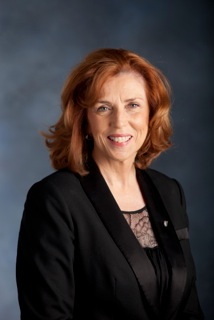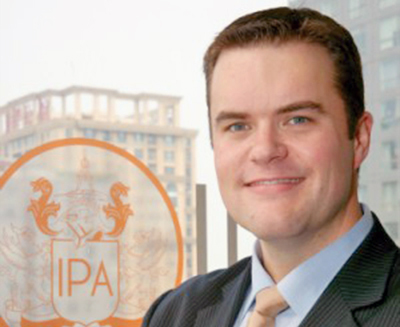Local aspiration equals national good
THE ABILITY of regional centres to absorb population growth, thereby safeguarding the high quality of life and economic prosperity enjoyed by Australians, will be one of the themes explored by the House Standing Committee on Infrastructure, Transport and Cities when it visits Newcastle tomorrow.
The public hearing is part of the Committee’s inquiry into the Australian Government’s role in the development of cities.
Committee Chair, John Alexander OAM MP, said the Committee expects to hear from community groups, academics and business leaders on how best to ensure the Hunter’s growth boosts its productivity and delivers liveability benefits.
“Regions such as the Hunter Valley and cities such as Newcastle have the capacity to accommodate many more people and businesses, easing the squeeze on capital cities,” Mr Alexander said.
“We need to heed the aspirations of these communities and ensure we set them up with the governance arrangements, infrastructure and resources they need to succeed.”
Newcastle City Council aspires to fast rail links between Newcastle, Sydney and Brisbane.
“Newcastle and the Hunter would appear to be of significant interest for various proponents of transformative infrastructure such as fast train linkages,” Newcastle City Council said.
“Central to these initiatives are new approaches to infrastructure funding, including value capture. Federal government involvement will be required to attract, negotiate and secure such projects.”
Further information on the inquiry, including the full terms of reference, is available on the Committee website.
Public hearing details: 9.00 am – 3.00 pm, Friday, 2 March 2018, Moot Courtroom (x703), NeW Space, City Campus, University of Newcastle, Corner of Hunter and Auckland Streets, Newcastle
9.00 am: University of Newcastle
9.30 am: Hunter Research Foundation Centre
10.15 am: Centre for Urban and Regional Studies
10.45 am: Newcastle City Council
11.15 am: Regional Local Government Roundtable - Lake Macquarie City Council, Maitland City Council
1.00 pm: Government and Infrastructure Roundtable - Hunter Water, Hunter Development Corporation, Newcastle Airport, Hunter Councils Inc
2.10 pm: Business and Community Roundtable - Hunter Business Chamber, Compass Housing Services, Dantia
3.00 pm: Close
The hearing will be broadcast live at aph.gov.au/live
ends

 How to resolve AdBlock issue?
How to resolve AdBlock issue? 
